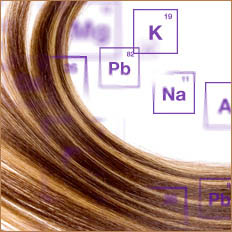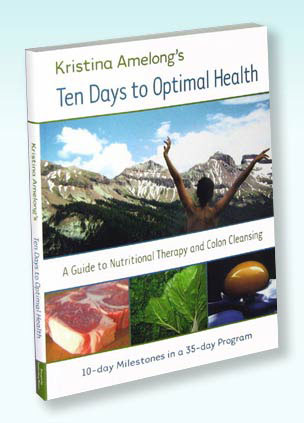Thyme (Thymus vulgaris) has a spicy, warm, herbaceous aroma that is both powerful and penetrating. Known since ancient times as a medicinal herb, thyme contains large amounts of thymol. As a dietary supplement, it is one of the strongest antioxidants known. Thyme supports the immune, respiratory, digestive, nervous, and other body systems. Thyme may also be used to enhance the flavor of food. Thyme has an approximate ORAC of 159,590 (TE/L).
THERAPEUTIC CHARACTERISTICS: anti-microbial, anti-bacterial, anti-fungal, anti-infectious, anti-inflammatory, anti-parasitic, antiseptic, anti-viral; may work as a neurotonic and cardiotonic; builds the immune system (stimulating white blood cells into action); assists in overcoming emotional fatigue and physical weakness, especially after illness; strengthening to nerves; aids memory
CONDITIONS SUPPORTED: congestion, low spirits, colitis, sinusitis, dyspepsia, bronchitis, asthma, tonsillitis, whooping cough, tuberculosis, cystitis, warts, abscess, sciatica, bruises, burns, insect bites, lice, sprains, poor circulation, sports injuries, diarrhea, chills, headache, insomnia
INGREDIENTS: Rocky Mountain Oils organically grown, therapeutic grade thyme essential oil
(Thymus vulgaris)
HOW TO USE:
- In Enemas: Add 5-10 drops to your enema solution.
- In Suppositories: Add 5-10 drops to each coconut oil suppository.
- Topical: Apply 2-4 drops directly to desired area. Dilution not required, except for the most sensitive skin. Use as needed.
- Aromatic: Diffuse up to 1 hour three times daily in the work or home environment.
- As a Supplement: Dilute one drop in 4 fl. oz. of liquid such as water or rice milk.
- For instructions on how to make essential oil suppositories, view our video,
How to Make Essential Oil Suppositories.
CAUTIONS: Possible skin sensitivity. If pregnant or under a doctor's care, consult your physician. Always dilute before applying to the skin or taking internally. Keep out of reach of children.









 Great for muscle aches
Great for muscle aches 















